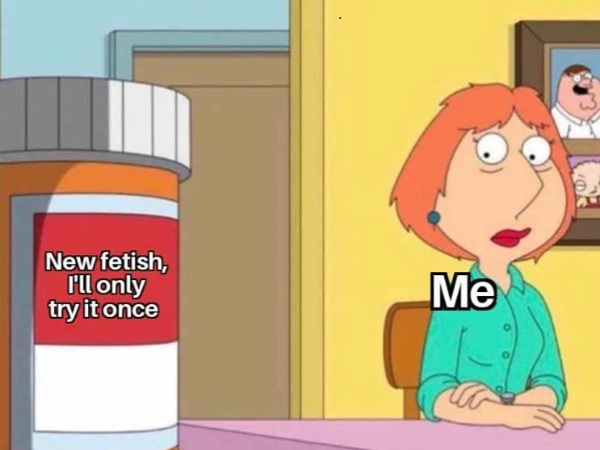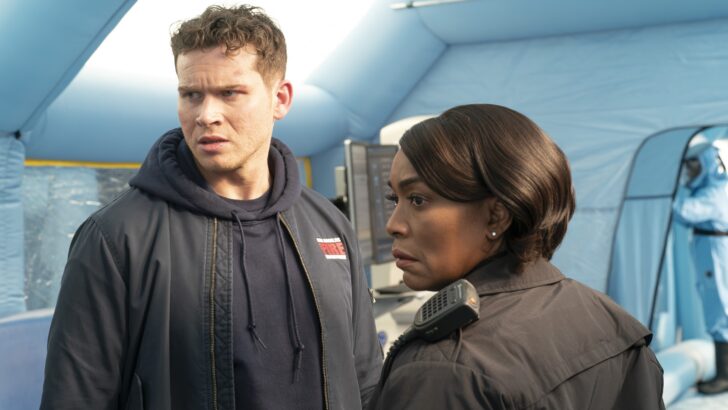From 1923 to The Pitt: Why TV Needs to Stop Punishing Us and Offer Some Hope

We used to turn on the TV to feel something good — laughter, hope, maybe even a little bit of love.
But now? Every time I tune in, it feels like I’m bracing for impact. Someone’s going to die. Someone’s going to be assaulted. Someone’s going to watch the world burn — and we’re going to call it entertainment.
I’m not asking for fluff. I’m not asking for fairy tales. But can we get even one show that doesn’t feel like a trauma factory?

Even our superheroes are miserable. Superman used to save the day and smile while doing it. Now he’s tangled in existential dread.
Our procedurals are soaked in violence, our medical dramas are cynical, and our romantic arcs are just long detours on the way to more pain.
And don’t get me started on 1923.
Spencer & Alexandra’s 1923 Romance Burns as Bright as Their PassionFourteen million people tuned in for the season finale, only to watch Spencer and Alex — arguably one of the most compelling love stories on TV — get emotionally and physically tortured at every turn.
For daring to be happy, they were dragged through the dirt. Repeatedly. It stopped being dramatic and started feeling punitive.

This is the culture we’ve built: Punishment for joy and cynicism as currency. And we wonder why viewers are tuning out.
The movie world isn’t helping either. A new film was just announced — another true story, another chance for the KKK to be centered in a narrative.
The focus may be on justice, but once again, the legacy of hate takes the spotlight.
Wouldn’t it be more powerful to spotlight Black joy? Resilience without retraumatization?
It’s all connected. TV is reflecting the same exhaustion we feel in the real world. The problem is that it’s not offering us a way out. It’s mirroring the dread, not soothing it.

We’re inundated with suffering, especially in long-running franchises that capitalize on it.
The FBI franchise, the Law & Order universe, the entire OneChicago lineup — all driven by fire, violence, sexual assault, murder, and the occasional bombing.
You’d think we lived in a nation of constant emergencies and crime scenes. And sure, those shows have an audience. But what does it say that this is what we keep feeding them?
But it doesn’t have to be that way. Shows like The Pitt remind us that hope still has a place on TV.
It’s the little things The Pitt gets right, like Doctor Robby taking a minute after a patient’s death to remember what their lives meant to others and themselves, that raise it above the rest.

Caring deeply about people — about patients and communities — can be just as gripping as any car chase or court case. We don’t need to abandon stakes; we just need to stop equating meaning with misery.
Another great example? Resident Alien.
On its surface, it’s a sci-fi comedy about an alien sent to destroy Earth who crashes in Colorado and takes on the form of a human doctor.
His mission falters as he builds unlikely connections with the people around him and slowly starts to understand what it means to be human.
It’s funny, weird, and deeply moving. And it shows that compassion and laughter don’t undercut a story — they deepen it.

Even Ted Lasso, a show practically synonymous with optimism, took its protagonist through a season of profound depression before giving him what we thought was his sendoff.
And yet, it still managed to make people feel better. It gave them something to believe in.
We’ve lived through a pandemic, and we’re watching our politics erode. Many of us are barely holding it together.
What we need now isn’t another show about grief or corruption. What we need is connection, compassion, and maybe, just maybe, a little bit of joy.

Musicals once lifted a nation through two world wars. I’m not saying we all need to break into song — but we could sure use a little light.
But fans are fighting back.
The reaction to Tracker Season 2 Episode 16 has been overwhelmingly negative. Torture for torture’s sake, even if it’s a snowy on-off, has made a mockery out of the writing team.
There is time to right the ship, but can the industry be saved? Production is down, along with viewership and theater ticket sales.
Someone needs to be watching the wheel.

So, where are the creatives ready to pull us out of this cultural muck and remind us why we fell in love with storytelling in the first place?
Because I don’t know about you, but I’m tired of bleeding through the screen.
As always, I’d love to hear from you.
Are you ready for a little more light to be let into the room? Do shows like The Pitt show a promising future for uplifting entertainment?
Agree? Disagree? Have a theory?
Let us know in the comments, or share this article with someone who will want to argue about it with you. That’s what makes it fun.
-
From 1923 to The Pitt: Why TV Needs to Stop Punishing Us and Offer Some Hope
From the pain of 1923 to the heart of The Pitt, here’s why TV needs to stop punishing us and start healing us.
-
Networks Canceling Shows With Millions of Viewers Is a Trend That Has to Die to Save Broadcast TV
Networks disturbing trend of canceling series with strong ratings is a trend that is killing broadcast. We break down this troubling issue!
-
These 9-1-1 Team-Ups Could Save the Day (and Our Screens)
We know who some of our favorite 9-1-1 duos are, but what about the ones we’d like to see more of? We’re taking a look at those pairs here!
-
Chicago PD Season 12 Episode 8 Corrects An Age-Old Flaw, While Torres Falls Victim to Reid
Reid ensnares a vulnerable Torres into his web during Chicago PD Season 12 Episode 18. Our review!
-
Chicago Fire Season 13 Episode 18 Brings Boden Home to Investigate When One of Their Own Is Left Behind
Chicago Fire Season 13 Episode 18 is an edge-of-your seat affair that withholds the victim of a brutal fire until the last minute.
-
Why Writing Out Sam Carver Would Be One of Chicago Fire’s Worst Mistakes Yet
If Chicago Fire is renewed, Sam Carver, whose arc has driven the season, won’t return. That’s a huge mistake.
-
Earn It: Why TV Romance Works Best When It Takes Its Time
There’s a reason why viewers yearn for slow burn romances on TV — the rewarding release after tensions build is almost always worth the wait.
-
Before the Ride Begins: Jack Schumacher on Becoming Yancy Grey in Netflix’s Ransom Canyon
Jack Schumacher is Yancy Grey in the highly anticipated new Netflix series Ransom Canyon. He spoke with TV Fanatic about his new role.
The post From 1923 to The Pitt: Why TV Needs to Stop Punishing Us and Offer Some Hope appeared first on TV Fanatic.
What's Your Reaction?
 Like
0
Like
0
 Dislike
0
Dislike
0
 Love
0
Love
0
 Funny
0
Funny
0
 Angry
0
Angry
0
 Sad
0
Sad
0
 Wow
0
Wow
0




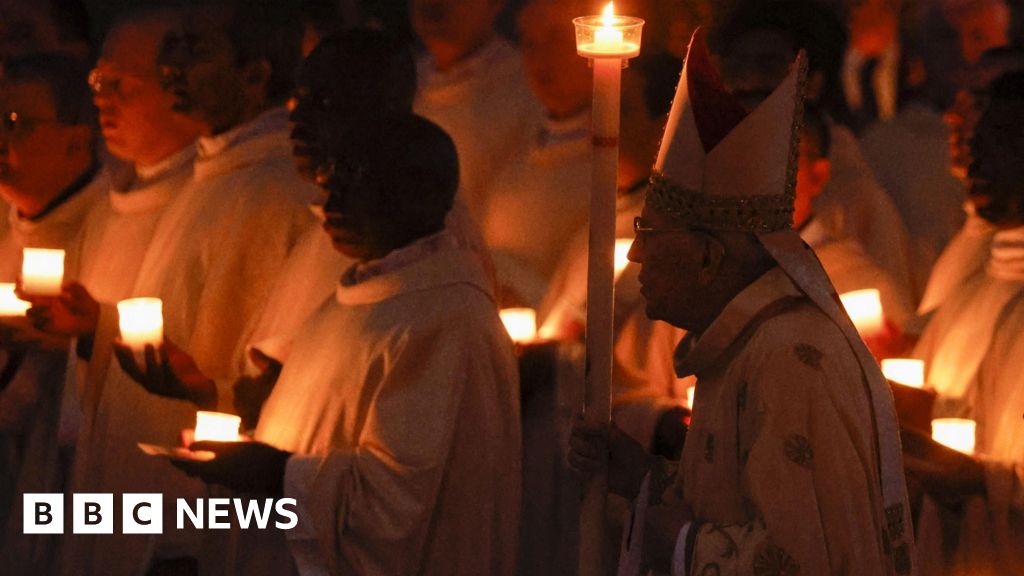







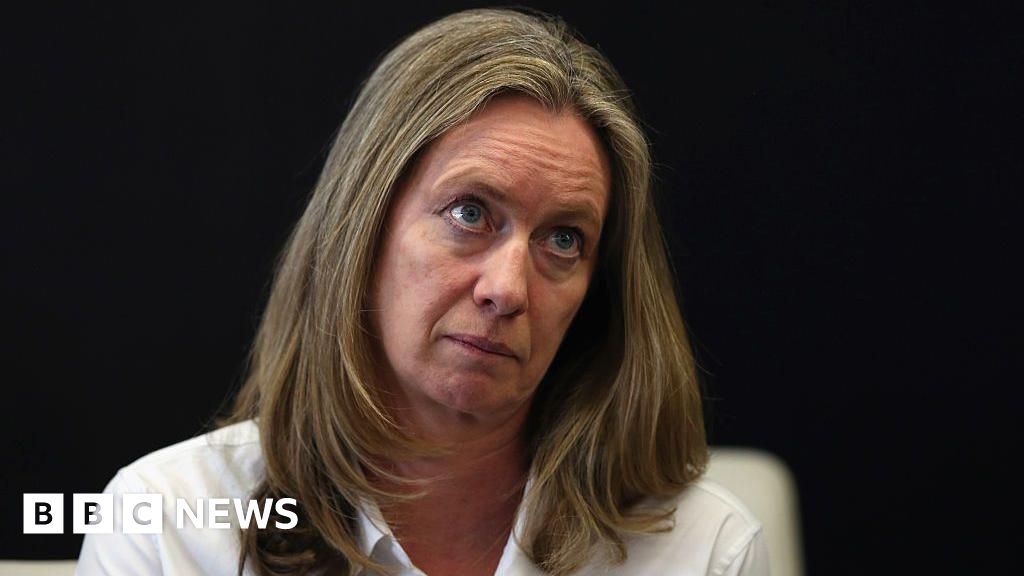





























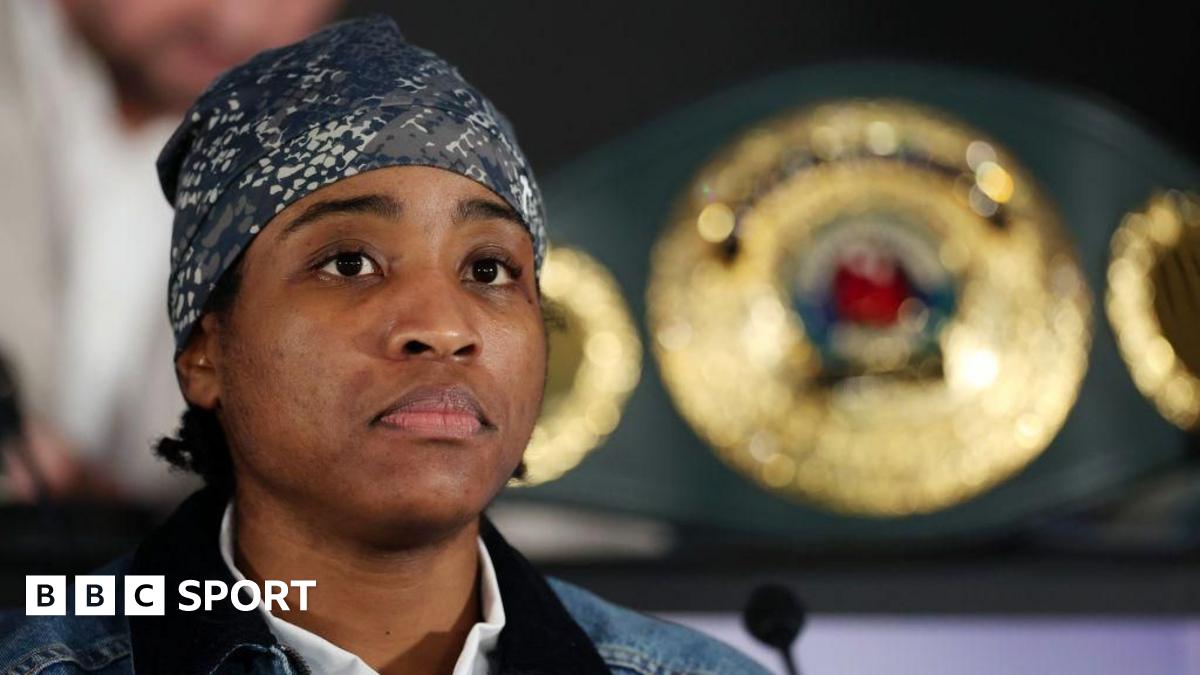





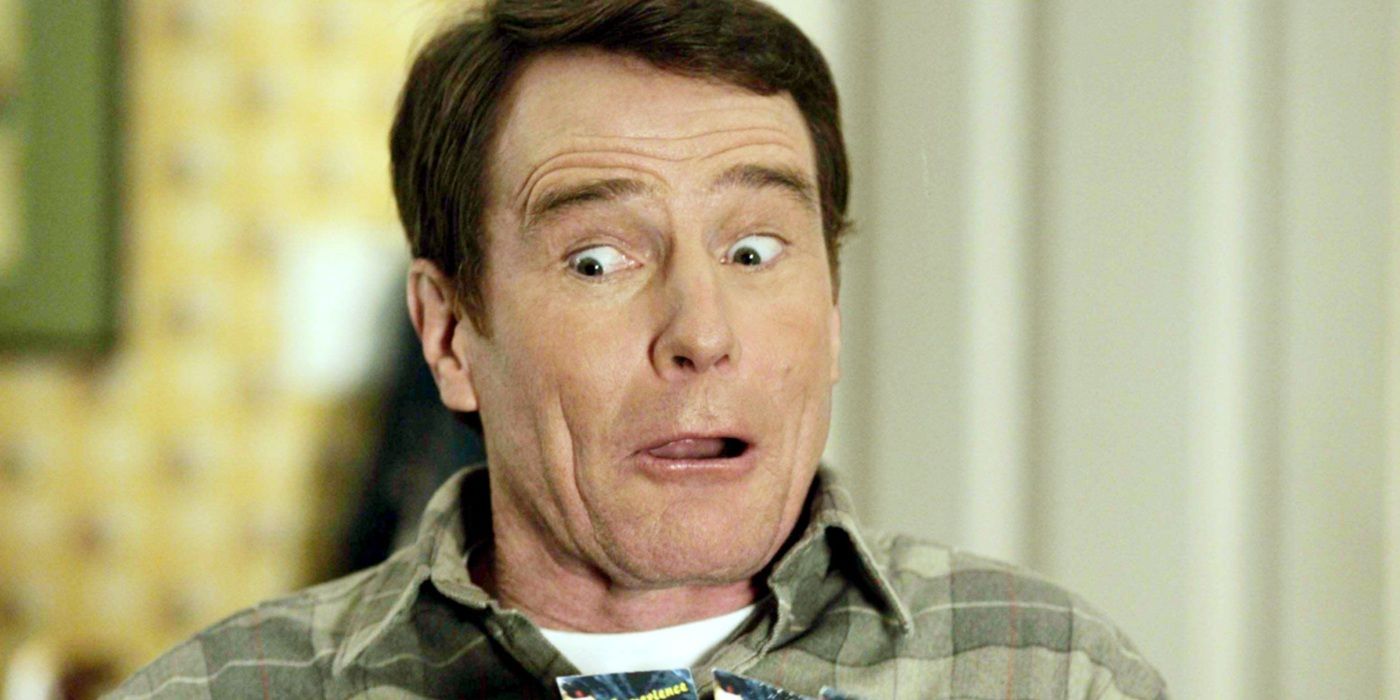
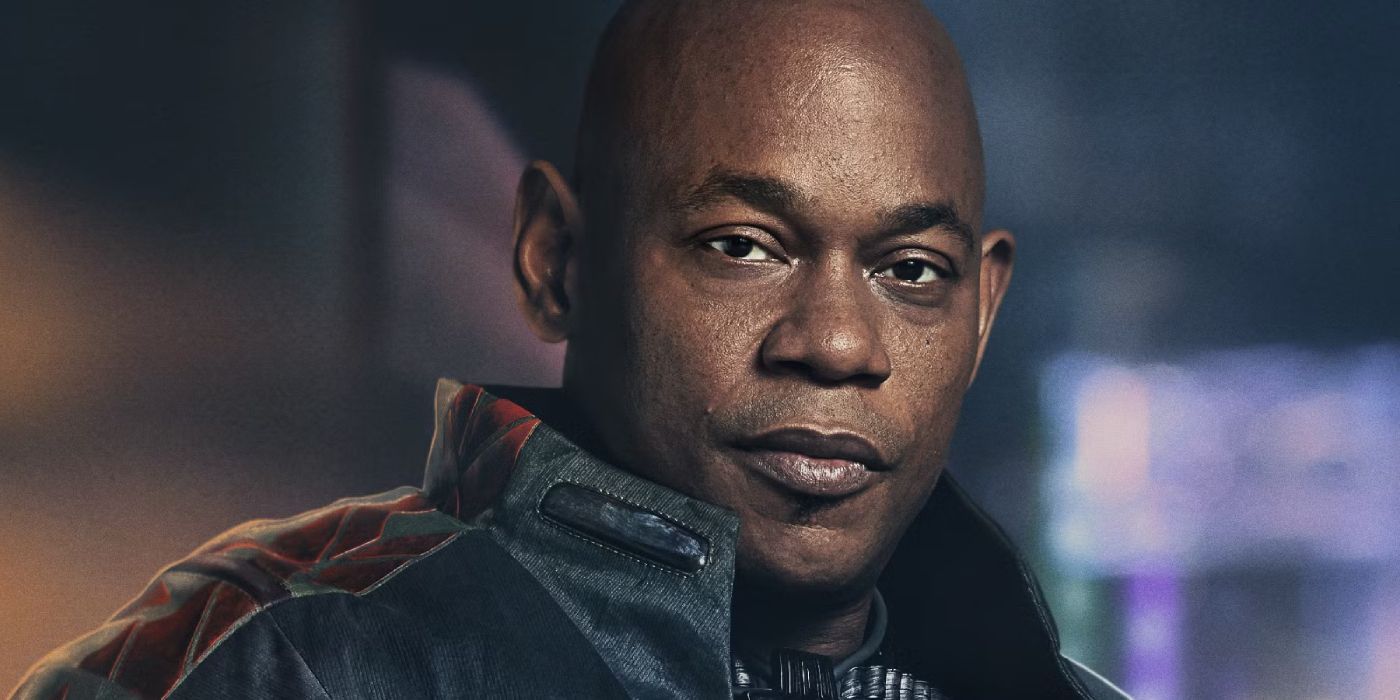
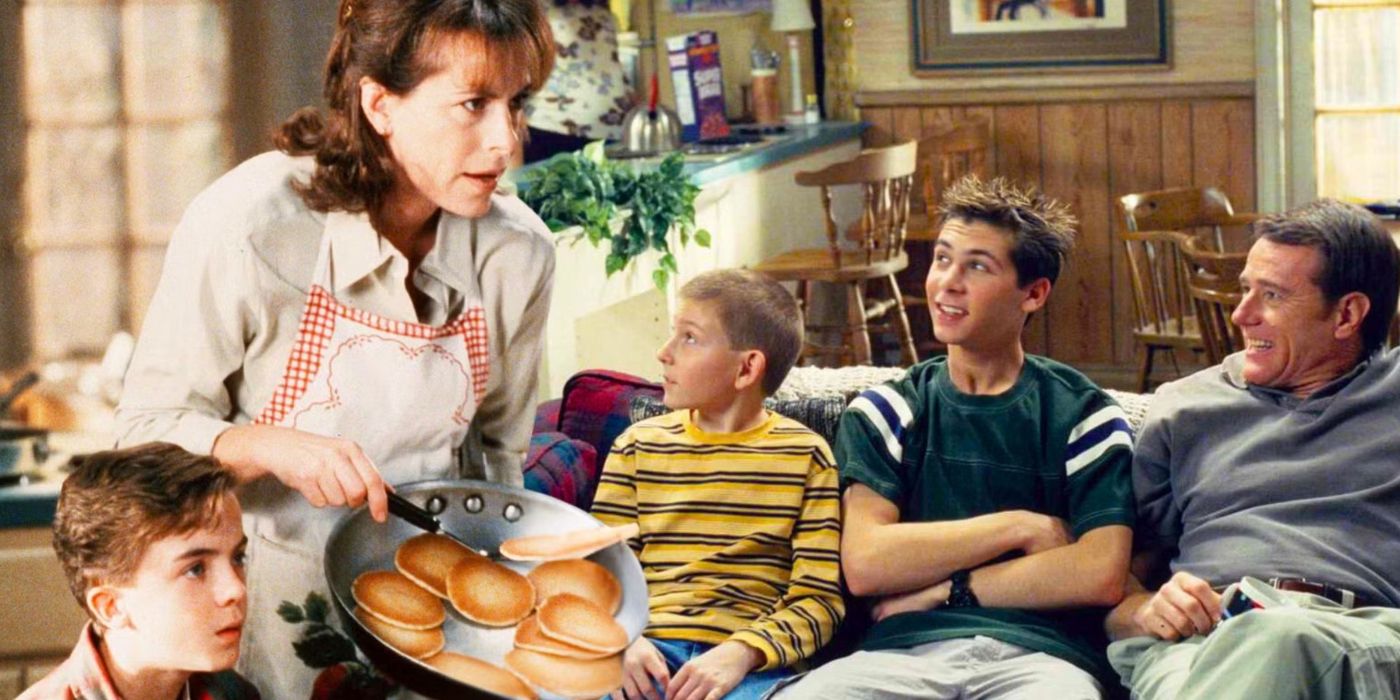
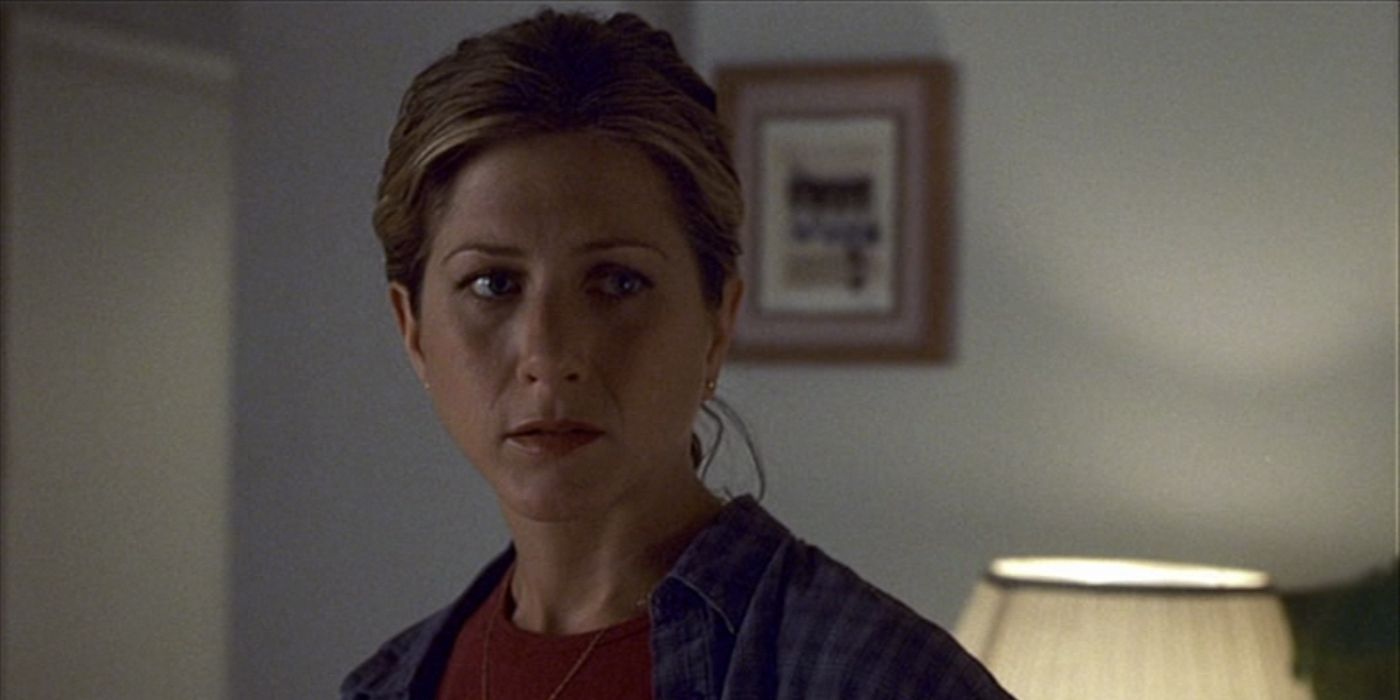
![Ransom Canyon Boss Breaks Down Finale Twists (R.I.P., [Spoiler]!) and Looks Ahead to Season 2](https://tvline.com/wp-content/uploads/2025/04/ransom-canyon-finale-ending-explained-staten.jpg?#)










